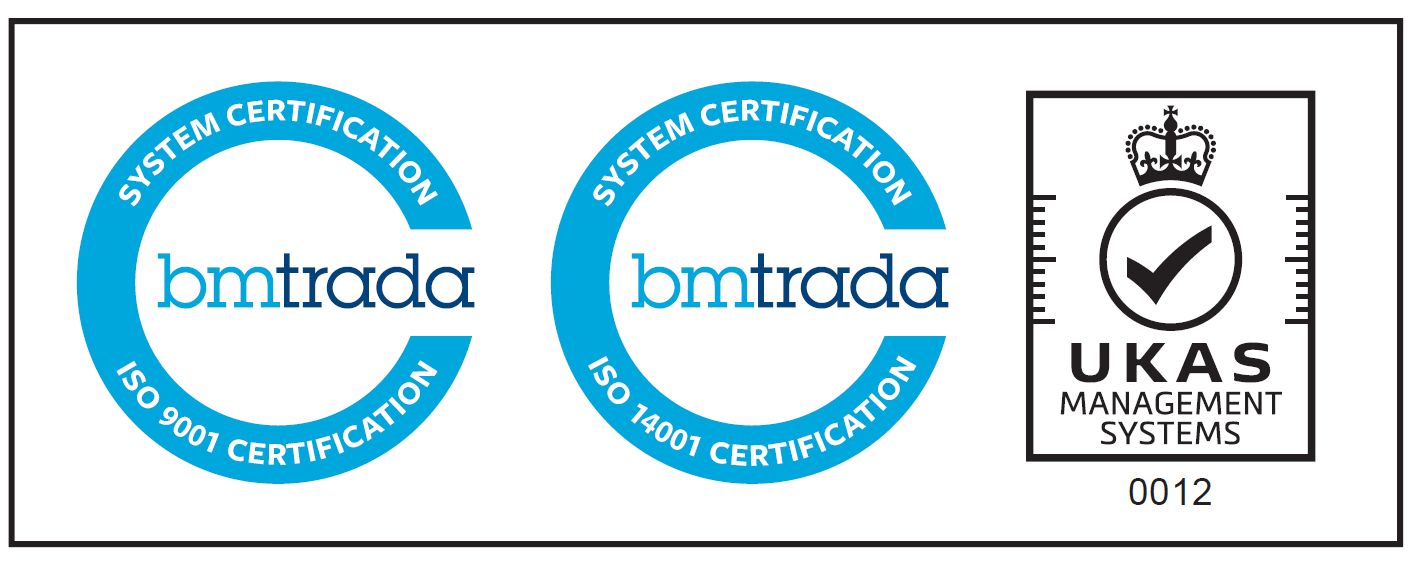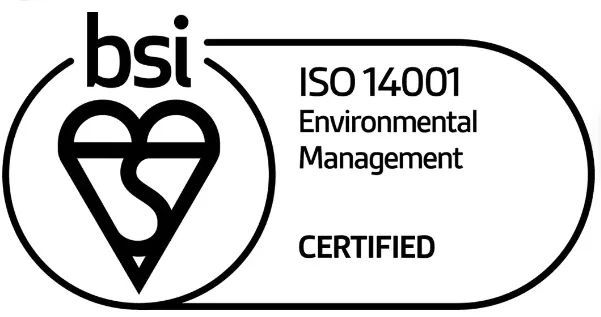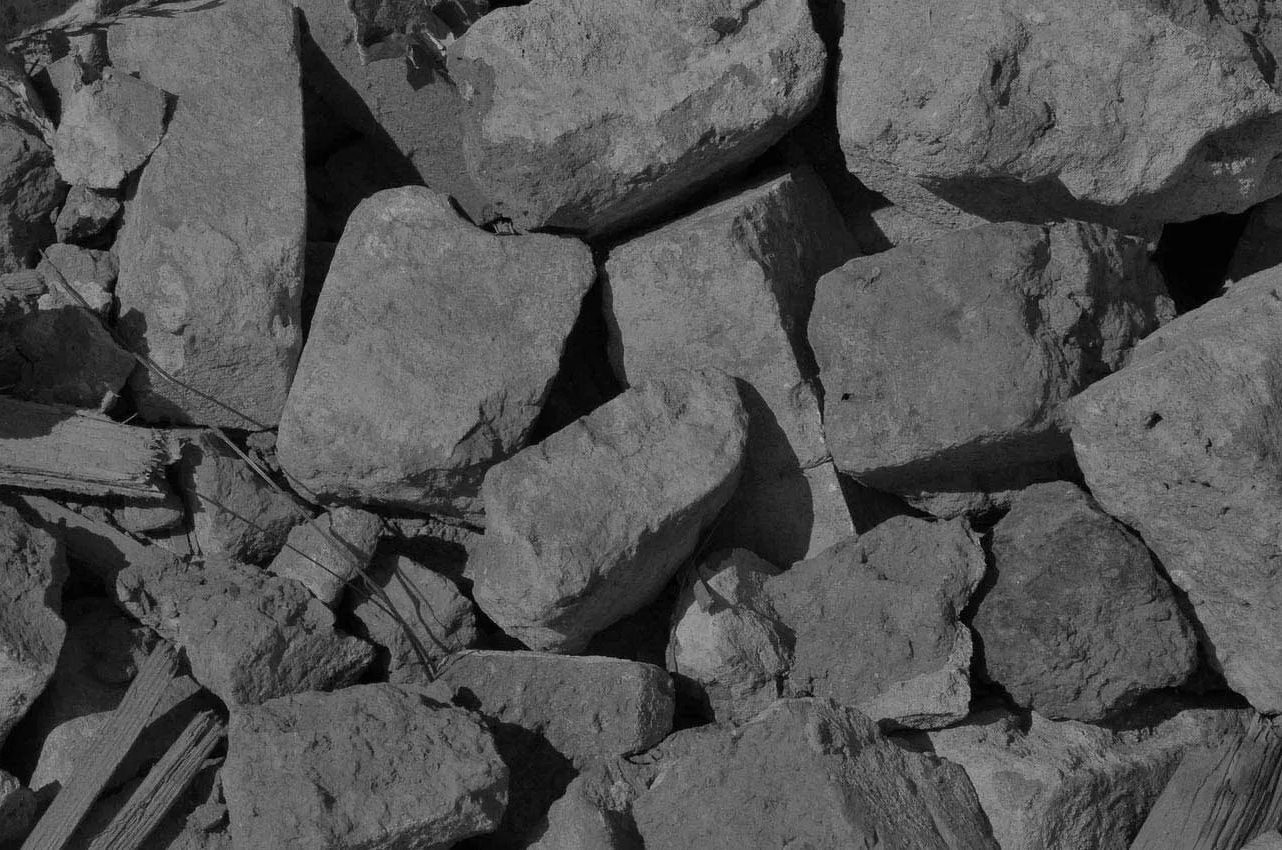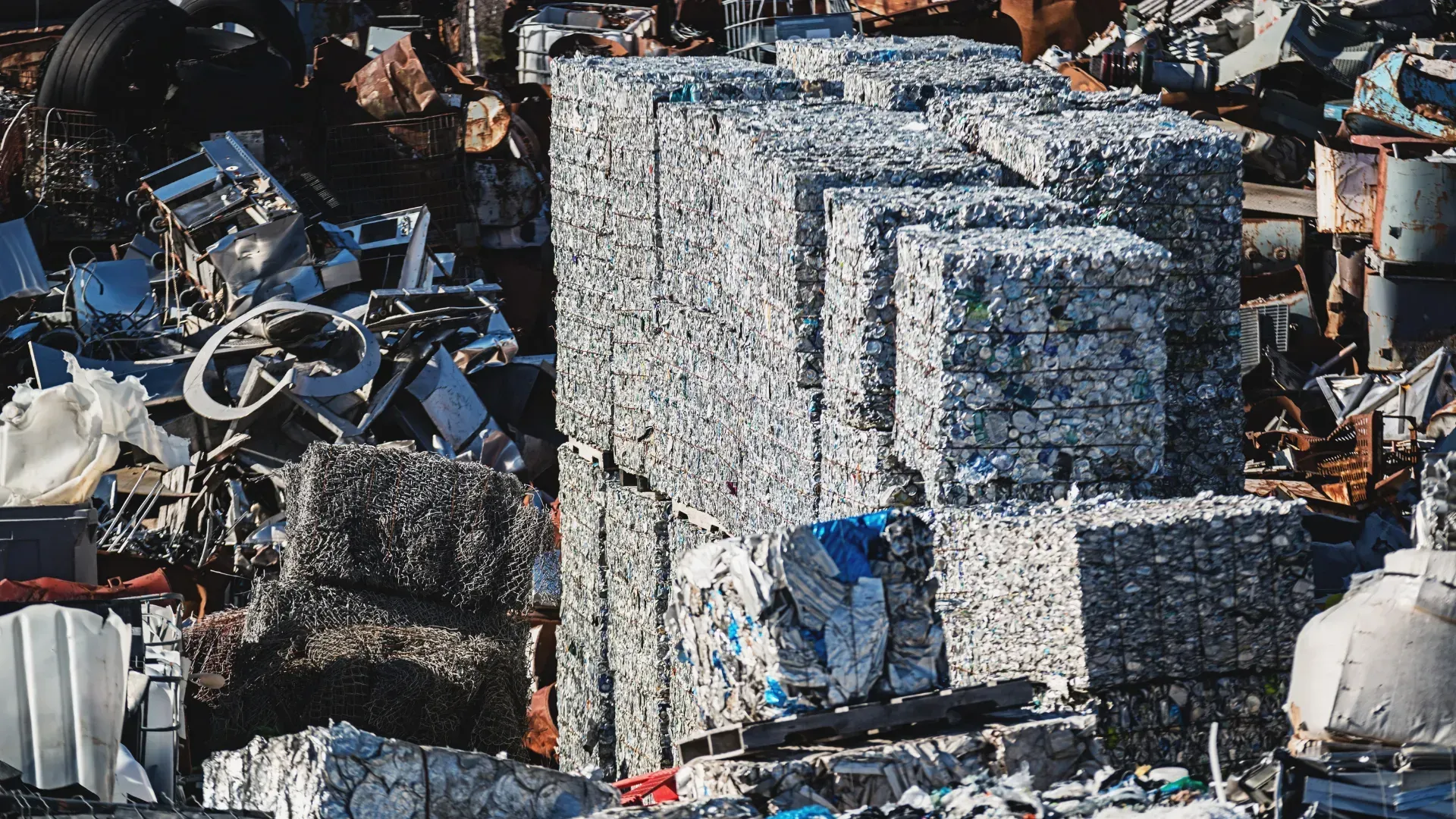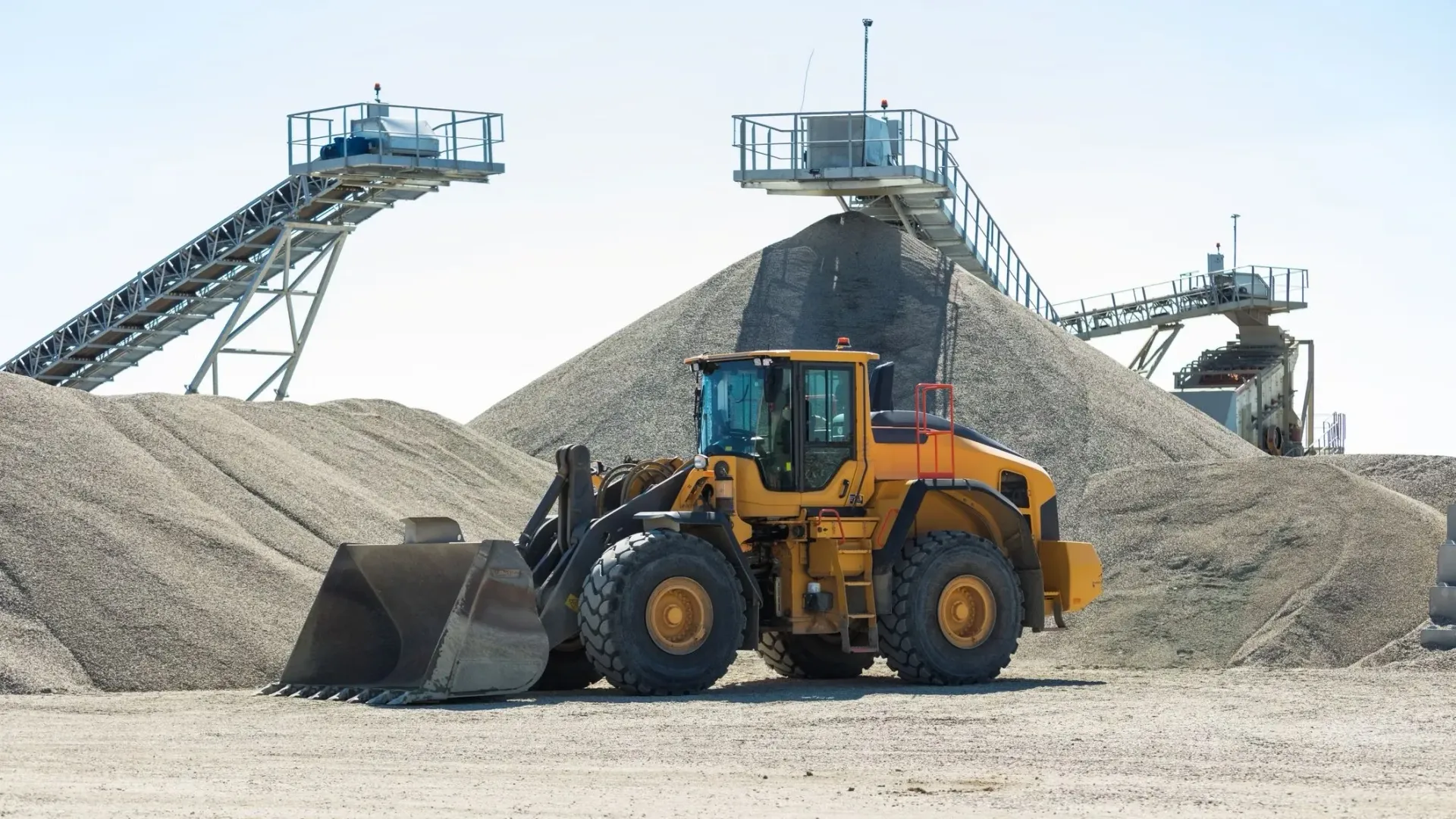Waste Disposal Guidance That Businesses Need to Follow
Safety and sustainability should be a top priority for all companies, and more and more businesses are implementing measures to help tackle climate change. This involves following environmental health laws that protect humans, wildlife and the planet. If you break official waste management rules, you may face a hefty fine or worse. Read on to discover everything you need to know about waste disposal regulations and find out why businesses should be adhering to them.
Who enforces waste disposal regulations in the UK?
In the UK, waste management laws are managed by several entities at different levels. These are the key organisations involved:
● Environment Agency (EA)
● Natural Resources Body for Wales (NRW)
● Scottish Environment Protection Agency (SEPA)
● Northern Ireland Environment Agency (NIEA)
● Local Authorities
Disposing of your rubbish
You can dispose of your rubbish legally, provided you have a ‘waste transfer note’ that proves the following:
● Rubbish disposal site
● Quantity (volume and mass)
● Time of disposal
● A description of the type of rubbish
It’s more common, however, to arrange for a waste disposal collector to remove rubbish on your behalf. Remember, this company must be a licensed waste carrier, so it’s important that you check for proper documentation before signing a ‘duty of care’ form.
Penalties for breaching guidelines
If your business has breached waste regulations, you will be prosecuted or receive a fixed penalty notice. In the most extreme cases, fines can be issued up to £50,000 and offenders can be imprisoned for up to 12 months at the magistrates court. Results will be similar if you or your collector has fly tipped rubbish.
It’s worth noting that those who fail to produce relevant transfer notes can receive a fixed penalty notice of £300.
Many people are under the assumption that once they have placed their rubbish into bags or bins, they no longer hold any responsibility for it. This is not the case - everyone who produces rubbish on site has a responsibility to manage the material until a licensed collector is able to remove the rubbish.
The Environmental Protection Act (EPA) 1990 offences
The following methods for getting rid of rubbish which will cause harm to land are considered a criminal offence under the The Environmental Protection Act (EPA) 1990:
● Deposit or knowingly cause or deposit controlled rubbish in or on land unless in accordance with the terms waste disposal regulations
● Treatment, storage or processing of formal rubbish on any lands or by the means of mobile processing machinery outside the control of rubbish disposal regulations or without a proper waste management permit
● Treatment, storage or processing of formal rubbish which may pollute the environment or even cause harm to human and wildlife health. (This offence also applies to circumstances in which a waste management licence isn’t required legally)
If you’re looking for an efficient waste disposal service, turn to William Thompson & Son. From sustainable landfill to our reliable recycling service, we’re on hand to meet all your waste management needs.
Get in touch with us today to find out more.
